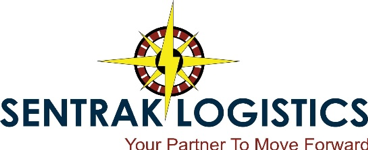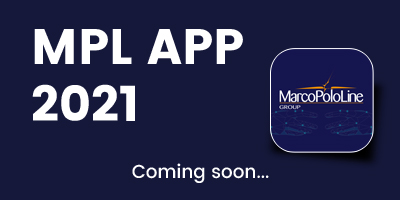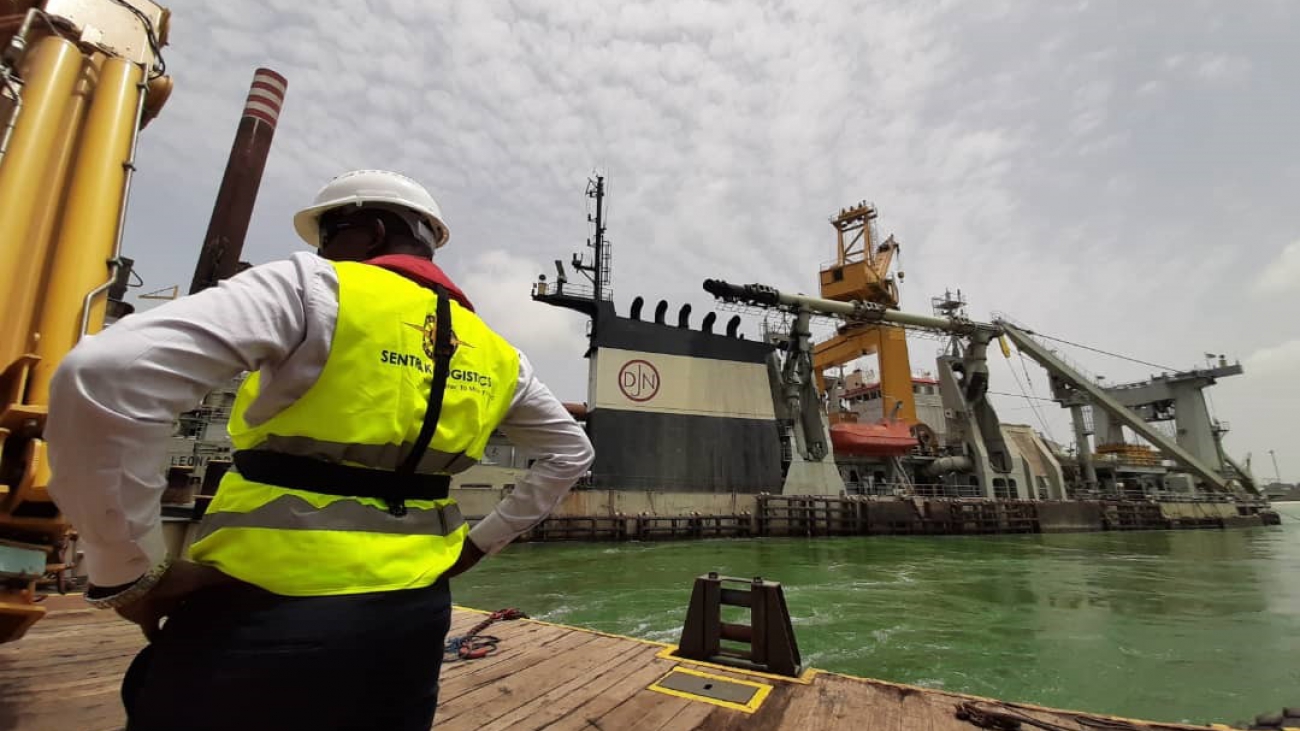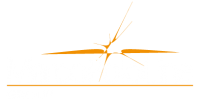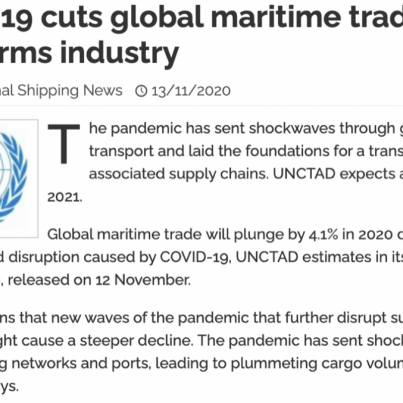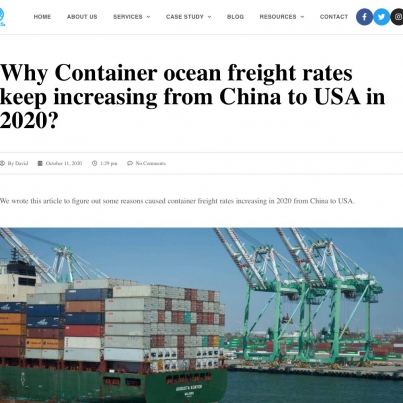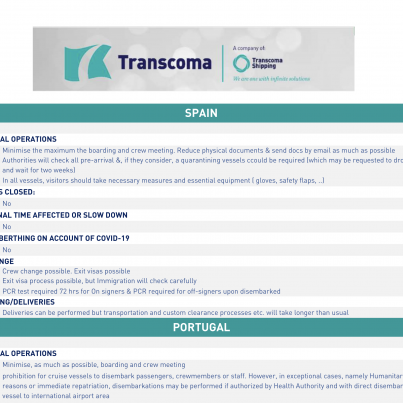SENTRAK LOGISTICS was created from a group of highly experienced and motivated professionals to deliver dedicated services to Senegal’s large scale oil & gas development projects. SENTRAK LOGISTICS is a 100% owned Senegalese company.
Our assets are our people and their knowledge of the local constraints and customers’ high level of requirements. Our Executive Management are leading the SENTRAK LOGISTICS team to a sustainable business model in which each one can keep improving its knowledge and skills to answer to best way possible to clients’ evolving needs.
We believe in teamwork, fluid and efficient communication. SENTRAK LOGISTICS is celebrating its 3 years of activity with a strong track record of success to date serving international clients.
We provide a full suite of logistics services to international and local companies whatever their size or requirements; we are passionate about making our customers’ logistics needs efficient.
Our range of services is (to start with):
- Transit and clearance;
- Shipping Agency;
- Warehousing and warehouse management;
- Logistics base set-up and management;
- Lifting equipment supply and operation;
- Provision of qualified personnel;
- Accredited technical training to O&G personnel.
Acting as a partner with our clients, we intend to grow with them and their projects and adapt to their needs. We have the flexibility and reactivity of a medium size company.
Our QHSE management system and our TRACE certification allows us to adopt continuous improvement and comply with international best practices, adhering to local laws and international compliance standards.
How is the pandemic affecting you and your sector: logistics? Can you give us an overview of the sector?
The COVID-19 pandemic has affected the entire global supply chain and is creating new challenges for all international transport operators. Why are we talking about challenges? Within our structures, carriers, freight forwarders, shipping and airline companies, port institutions, it is important to protect the health of our employees while maintaining a quality service for our customers and even more so in this period of crisis.
Of course the considerable impact on economic growth is being felt, with a sharp drop in supply and demand or projects postponed or even cancelled. As far as Senegal is concerned, the first example is the TORTUE oil project of the major operator BP which is going to be one year late… As for maritime imports, they have decreased by about 38% compared to 2020 .
However, Senegal is not the most complaining country in Africa because of its political and economic stability compared to other West African countries.
What means have you put in place to overcome it?
The priority has been the health of our employees.
In a country like Senegal, where few households have their own car, we have set up a transportation service for the home-to-office journeys of all our employees, so that they don’t have to take public transportation to come to work. In the premises, basic hygienic measures such as taking the temperature on the arrival of ns teams, wearing masks, open doors and disinfectant gel are applied and safety distances are imposed. Of course, meetings, visits of our customers or suppliers are forbidden, and all communication is done by e-mail, telephone or video conference.
For our customers, a communication has been made to reassure them about the continuity of our services, but also to offer them tailor-made solutions, adapted to this crisis situation to help them to manage their flows and storage as well as possible. We even helped some customers by advising them in the sourcing of their goods: many had placed orders for goods in China, which cannot be honored or when they can, it is the shipping companies that no longer climbed in China…. We find new sources of production in other countries, with less affected transportation services, to meet their needs.
What will be the 3 priorities for you as we emerge from the crisis?
It is difficult to talk about priorities as we come out of the crisis because we don’t know when the situation will stabilize, so we don’t know in what state the international transport market will be when the crisis ends. As long as land, air and sea borders are affected, transport companies will not be able to work, despite the costs of structure and infrastructure, of employees to assume.
Our three current and long-term priorities remain: the health of our employees, maintaining our service to our customers and adapting to the international transport market in a reactive manner.
But if we had to make projections, our priorities would be to accompany the various economic players in their business takeovers. We already know that this is going to be a complicated challenge, that our customers are going to ask us to be very reactive and even proactive in trying to reduce costs as much as possible.
Transport remains an essential link in the chain of consumption, and therefore a ricochet effect of growth, and Sentrak’s teams are aware of the role they have to play in supporting the Senegalese economy and its development.
- Senegal
- www.sentraklogistics.com
- sgaye@sentraklogistics.com
